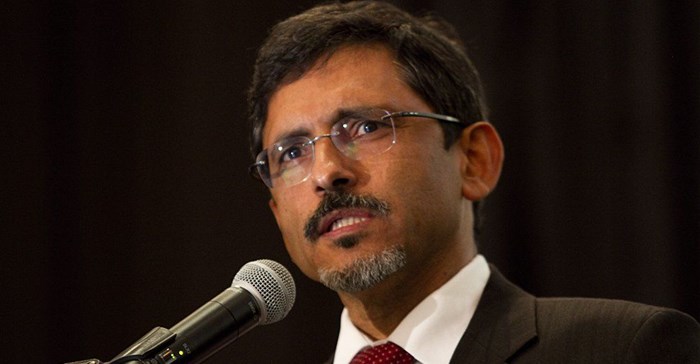
Top stories






More news


Marketing & Media
Ads are coming to AI. Does that really have to be such a bad thing?














So from the first day of the new year, South African firms started trading under AfCTA and with the United Kingdom under the Southern African Customs Union (SACU) Mozambique–UK Economic Partnership Agreement.
“South Africa has put in place the legal and administrative processes for preferential trade under the African Continental Free Trade Area (AfCFTA) on 1 January 2021, in line with the decision by the 13th Extra-Ordinary Session of the Assembly on the AfCFTA on 5 December 2020 to start trading under the AfCFTA. [This is] on the basis of legally implementable and reciprocal tariff schedules and concessions, with agreed rules of origin,” said the Department of Trade, Industry and Competition (dtic).
The historic agreement has been signed by 54 of the 55 African Union (AU) member States, and 34 countries have already deposited their instruments of ratification to the AU Commission and have become state parties.
The current state parties are Angola, Burkina Faso, Cameroon, Central African Republic, Chad, Côte d’Ivoire, Congo, Djibouti, Egypt, Eswatini, Ethiopia, Equatorial Guinea, Gabon, The Gambia, Ghana, Guinea, Kenya, Lesotho, Mali, Mauritania, Mauritius, Namibia, Niger, Nigeria, Rwanda, Saharawi Arab Democratic Republic, Sao Tome and Principe, Senegal, Sierra Leone, South Africa, Togo, Tunisia, Uganda and Zimbabwe.
A number of the signatory countries have begun to put the domestic administrative arrangements in place to enable trading under the new terms. These should be progressively expanded within the next few months.
In addition, trade for local firms with the UK commenced on 1 January under the new economic partnership agreement between six southern African countries and the UK, replacing the European Union partnership terms for the UK market that were in place until 31 December 2020.
Meanwhile, dtic Minister Ebrahim Patel has called on South African farmers and manufacturers to gear up for the new opportunities in export markets.
“Trade with the rest of the continent is a critical source of output and jobs growth. African countries recognise that industrialisation is critical to the development of the continent. The new agreement will take some time to be fully operational but has the potential to be transformative for Africa, breaking our dependence on a neo-colonial pattern of trade that characterised trade.
“Our continent exports raw materials and imports finished goods, with substantial value added in the process,” said Patel.
The minister said Covid-19 has reminded the continent of the “enormous price we pay for not developing advanced economies”.
“This is Africa’s moment to build resilient, innovative economies on the back of the large markets that the free trade agreement puts in place. It will take dedication and disciplined implementation over the next few years to fully realise the benefits,” he said.
Patel said the summit decision to commence trade under the AfCFTA was historic and a milestone in the continent’s longstanding efforts to integrate and industrialise.
“The AfCFTA presents South African producers and manufacturers with an opportunity for expansion to new markets in West, Central, East and North Africa, and provides alternative markets for the export of value added goods, as well as services. In addition, exports to the United Kingdom can continue seamlessly with the new agreement with the UK in place,” Patel said.
The UK Agreement effectively retains the terms of trade in the existing EU Agreement and will govern the bilateral trading relationship between each of the southern African countries (South Africa, Lesotho, Eswatini, Namibia, Botswana and Mozambique) and the UK.
Both the EU and the UK are significant trading partners for South Africa.
SAnews.gov.za is a South African government news service, published by the Government Communication and Information System (GCIS). SAnews.gov.za (formerly BuaNews) was established to provide quick and easy access to articles and feature stories aimed at keeping the public informed about the implementation of government mandates.
Go to: http://www.sanews.gov.za